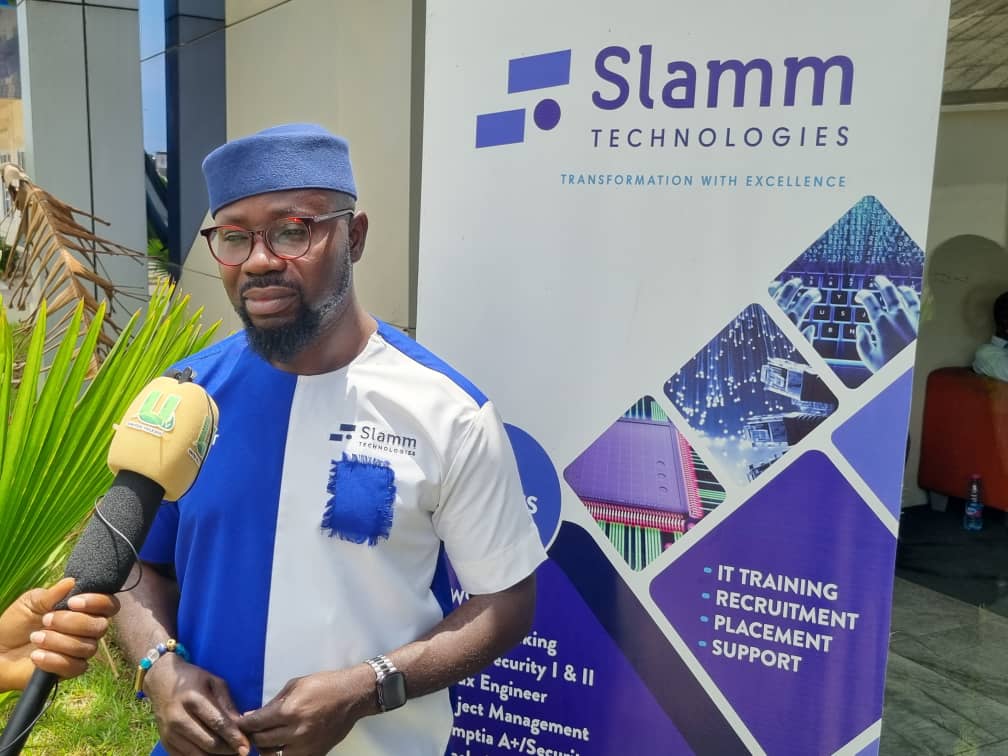
‘Let’s patronise local cyber-security services’
The Chief Executive Officer of Slamm Technologies, Mr Samuel Boateng has urged businesses in the country and the government not to outsource their cyber-security works to foreign companies.
He said there were a lot local cyber security firms who had the competencies and capacity to provide the country’s cyber-security needs and businesses must therefore begin to look inward.
“We are encouraging businesses in the country not to outsource their cyber security work to foreigners. Especially when it comes to the government and our highly secured information as a country, there is no way we should outsource it to a foreign company.
“It should be secured by our own local companies. There are a lot of local cyber security firms that are well equipped and its time that we start looking inwardly. Let’s accept our own,” he stated.
Mr Boateng was speaking in an interview with the Graphic Business to mark the Cyber-security awareness month which is October.
He said it was unfortunate that businesses in the country lacked confidence in local cyber security firms.
“Most companies believe that when it comes to cyber security services, they have to outsource to foreigners but that is very wrong,” he said.
Read: Mobile money has been poorly regulated --Cyber security expert
Varying data protection rules
Mr Boateng, who is a cyber-security expert, also noted that the varying data protection rule for countries under the African Continental Free Trade Area was a great concern.
With some of the counties not having data protection laws, he said the leaders should have ensured they did before commencement of trading.
“Because some counties do not have any data protection laws, it means we are conducting business from secured channels to unsecured channels and this will create vulnerabilities which will open our doors for attacks.
“We rushed through the implementation of the AfCFTA. All the counties that did not have data protection rules like Ethiopia, Mali, Zambia and the rest should have been made to put that in place before trading begins,” he explained.
He said AfCFTA presented a bigger base for cyber security attacks and opens room for more attacks than if it was country by country.
Most businesses not secured
Mr also pointed out that most businesses operating in the country were not highly secured.
He said this was because the IT staff themselves in these organisations were not well trained on security.
“The IT staff are just managing the systems without any training on security so I recommend a proper security training.
“They have to understand security and know where the vulnerabilities in the system are and secure them,” he stated.
He said businesses must also ensure that the systems they are using are up to date and current.
“A lot of systems that we are using here, the software is weak and nobody is supporting them because they are so old. When the backdoor is opened, anybody can come in.
“Businesses are still keeping old systems that the manufacturers have stopped supporting,” he said.
He also advised businesses to sometimes get experts to come in to assess their systems.
“If you are not sure, just get an expert to come in to asses, audit and make sure everything is in place. Most businesses are relaxed now because they haven’t had an attack but they shouldn’t wait for it to happen.
“The same way we secure our money in the bank, that is the same way we should look at our data and systems as businesses,” he advised.